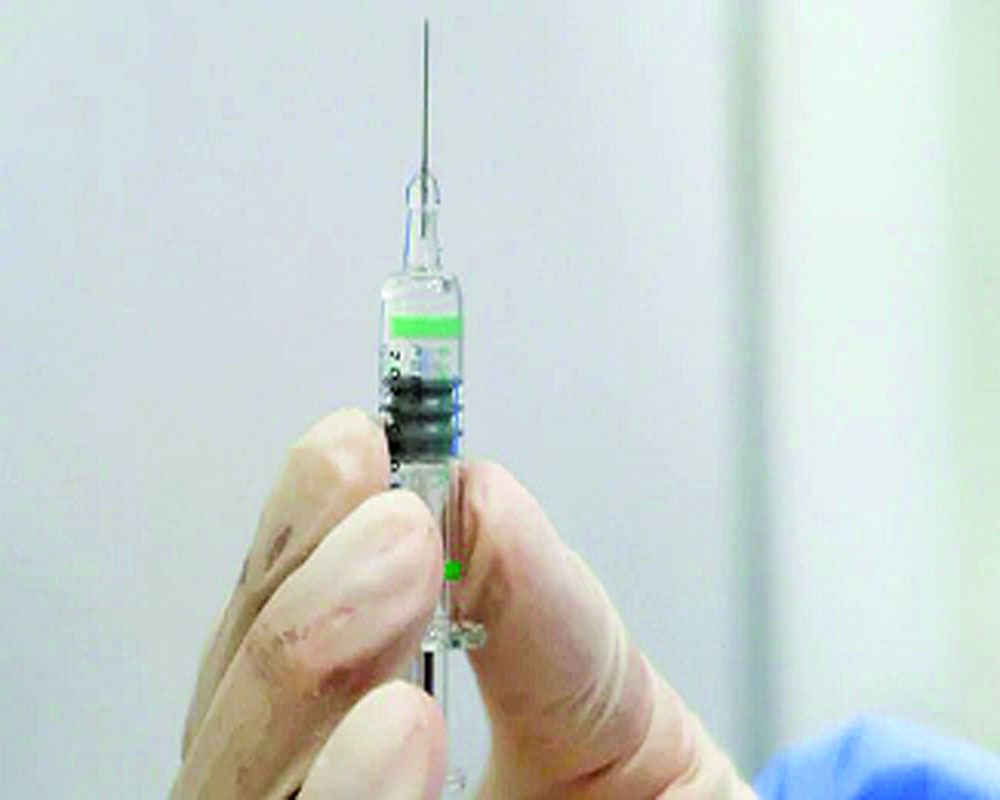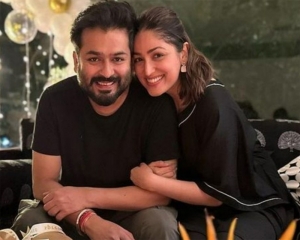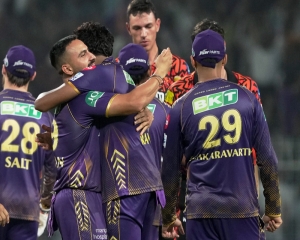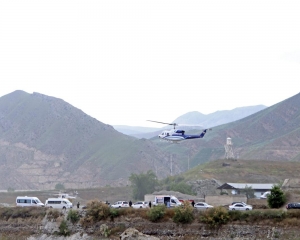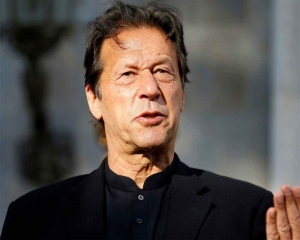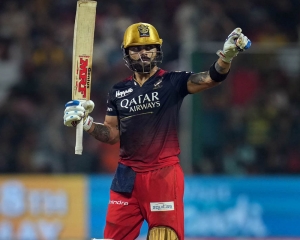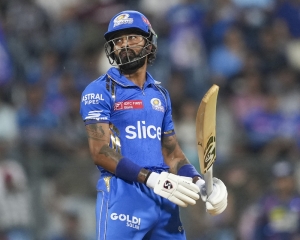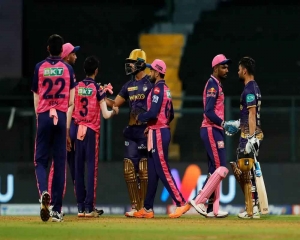Within the past two years, the world has witnessed the development of a second low-cost and highly effective malaria vaccine known as R21/Matrix-M, particularly made for children. This news is heartening, considering the devastating impact of vector-borne malaria as every minute, a child somewhere on the planet succumbs to this disease.
Developed in a joint collaboration with Pune-based Serum Institute of India (SII), a largest vaccine manufacturer in the world, and the University of Oxford in the UK, the newly approved vaccine will cost less than $4, cheaper than the current options available.
“As a malaria researcher, I used to dream of the day we would have a safe and effective vaccine against malaria. Now we have two,” said Dr Tedros Adhanom Ghebreyesus, WHO Director General, after making an announcement that the global health agency has recommended the R21/Matrix-M malaria vaccine which can be developed on a mass scale.
There is already an agreement in place to manufacture over 100 million doses annually, with the SII committing to doubling this production within the next two years. Such a substantial scale of production is crucial because it will play a pivotal role in vaccinating individuals at high risk of malaria, thereby helping to curb the disease’s transmission and ensuring the protection of those who are vaccinated.
The RTS S/AS01 vaccine developed by the GSK became the first jab against the mosquito-borne disease to receive a WHO nod in 2021 when the world reported approximately 247 million cases and 6,19,000 mortalities worldwide.
The WHO’s independent advisory body, the Strategic Advisory Group of Experts (SAGE) and the Malaria Policy Advisory Group (MPAG), recommended the use of the vaccine after reviewing its safety, quality and effectiveness standards last month.
Their recommendation was based on pre-clinical and clinical trial data which showed good safety and high efficacy in four countries, at sites with both seasonal and perennial malaria transmission.
“Demand for the RTS, S vaccine far exceeds supply, so this second vaccine is a vital additional tool to protect more children faster, and to bring us closer to our vision of a malaria-free future,” said the WHO Director General.
Reacting to the development, Soumya Swaminathan, WHO’s chief scientist, posted on social media, “Great news that a second malaria vaccine is recommended by WHO to be manufactured in India. Will definitely help in malaria control and ultimately elimination.”
RBM Partnership to end malaria echoed similar views, applauding the development. “…There is no silver bullet to end malaria, but when scaled up alongside existing malaria tools, R21 saves lives,” it posted on X media.
The R21/Matrix-MTM malaria vaccine has been licensed for use in Ghana, Nigeria and Burkina Faso. In combination with public health measures such as the use of insecticide-treated bed nets, the new shot can help save and improve the lives of millions of children and their families from the scourge of malaria.
In areas with highly seasonal malaria transmission (where malaria transmission is largely limited to 4 or 5 months per year), the R21 vaccine was shown to reduce symptomatic cases of malaria by 75 per cent during the 12 months following a 3-dose series.
A fourth dose given a year after the third maintained efficacy. This high efficacy is similar to the efficacy demonstrated when RTS,S is given seasonally.
The vaccine also showed good efficacy (66 per cent) during the 12 months following the first 3 doses. A fourth dose a year after the third maintained efficacy.
“The R21/Matrix-M malaria vaccine is easily deployable, cost effective and affordable, ready for distribution in areas where it is needed most, with the potential to save hundreds of thousands of lives a year,” said Professor Sir Adrian Hill, Director of The Jenner Institute, at Oxford.
Adar Poonawalla, CEO of the SII added, “For far too long, malaria has threatened the lives of billions of people across the globe, disproportionately affecting the most vulnerable amongst us. This is why the WHO recommendation and approval of the R21/Matrix-M vaccine marks a huge milestone on our journey to combat this life-threatening disease.”













